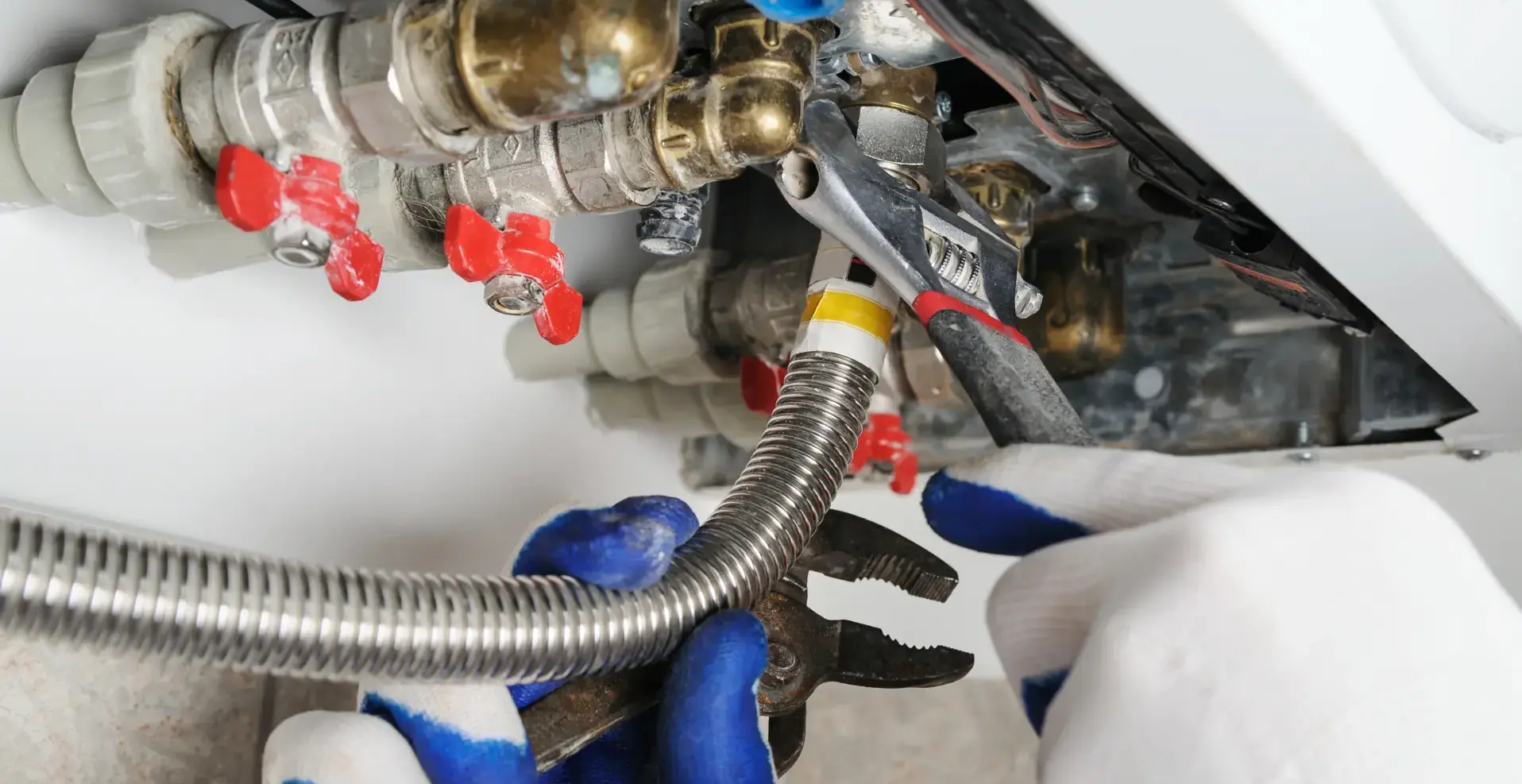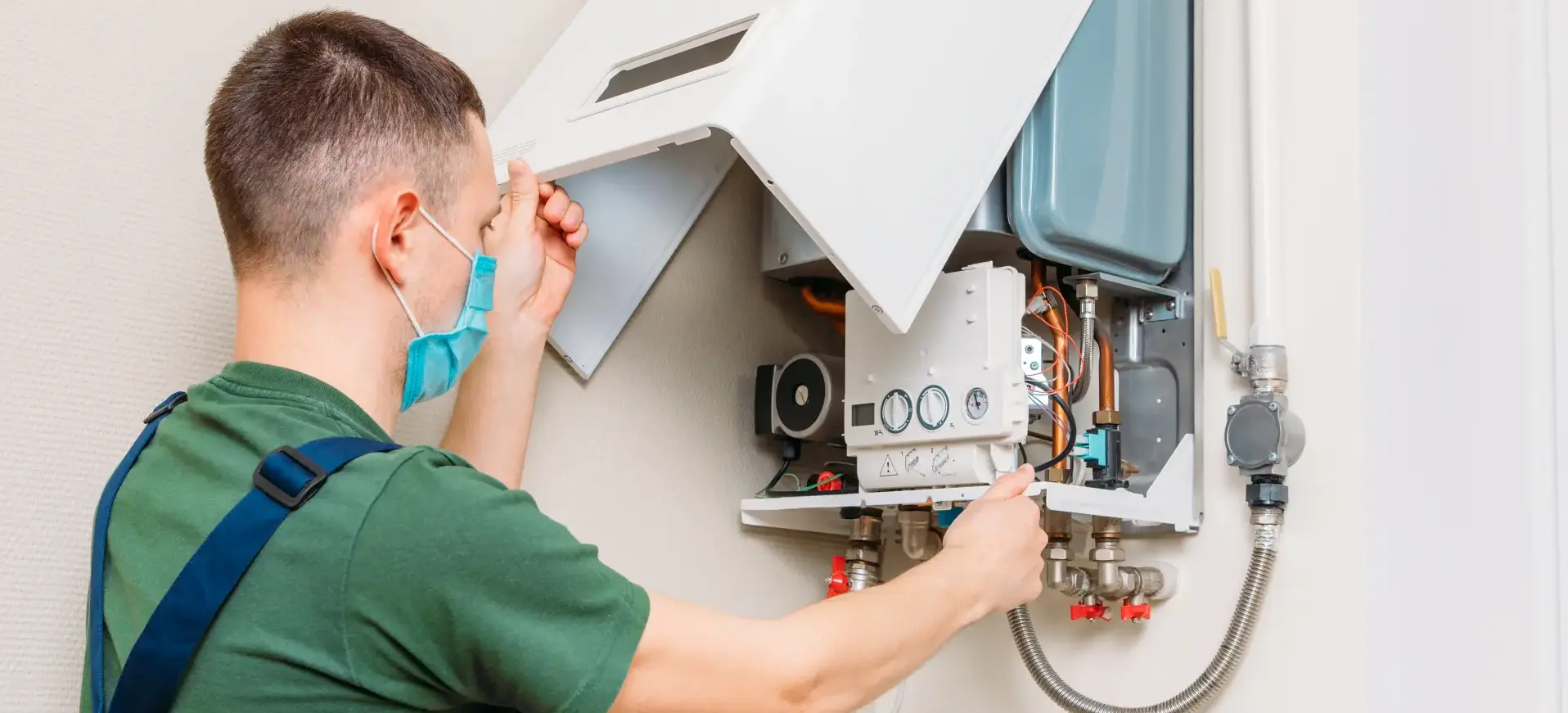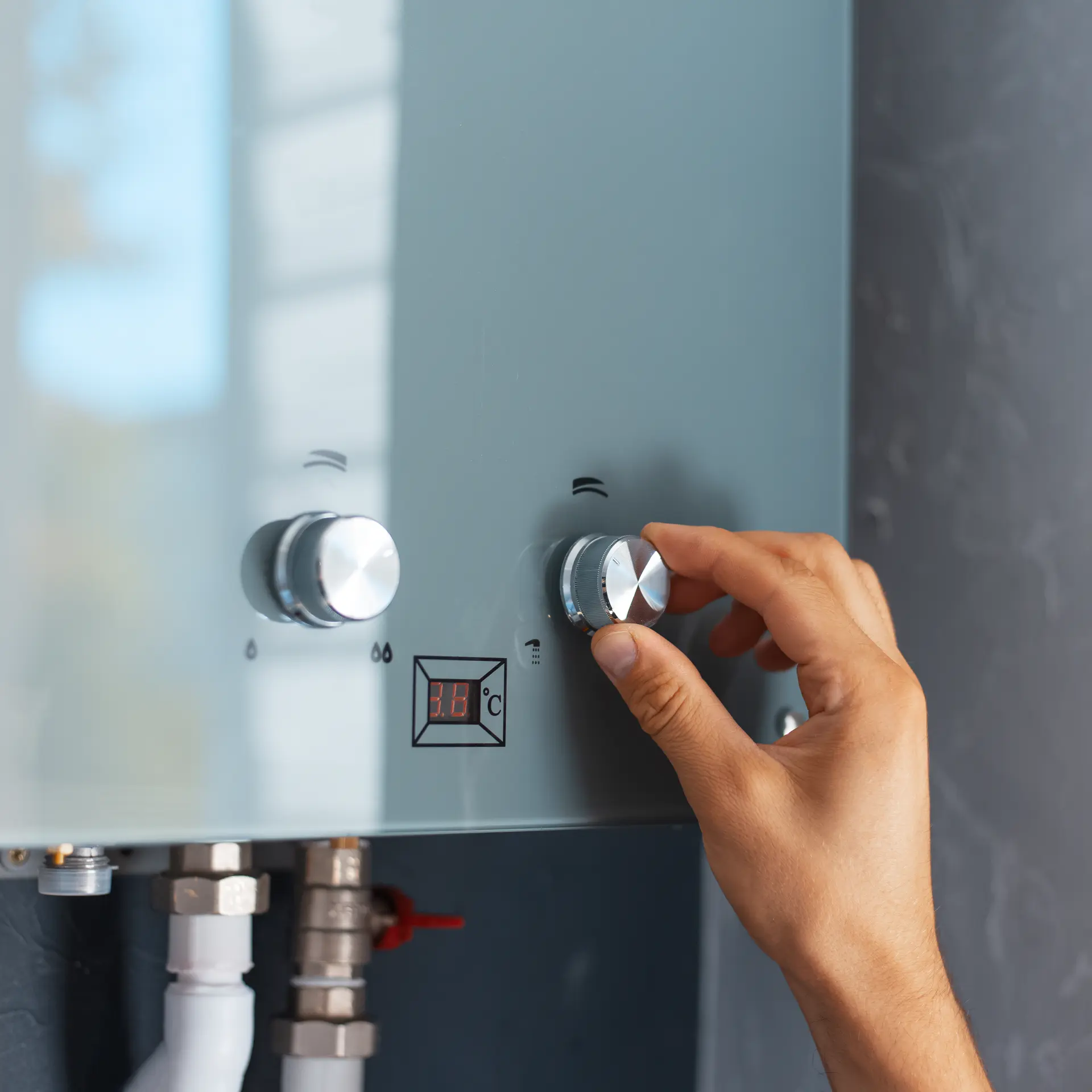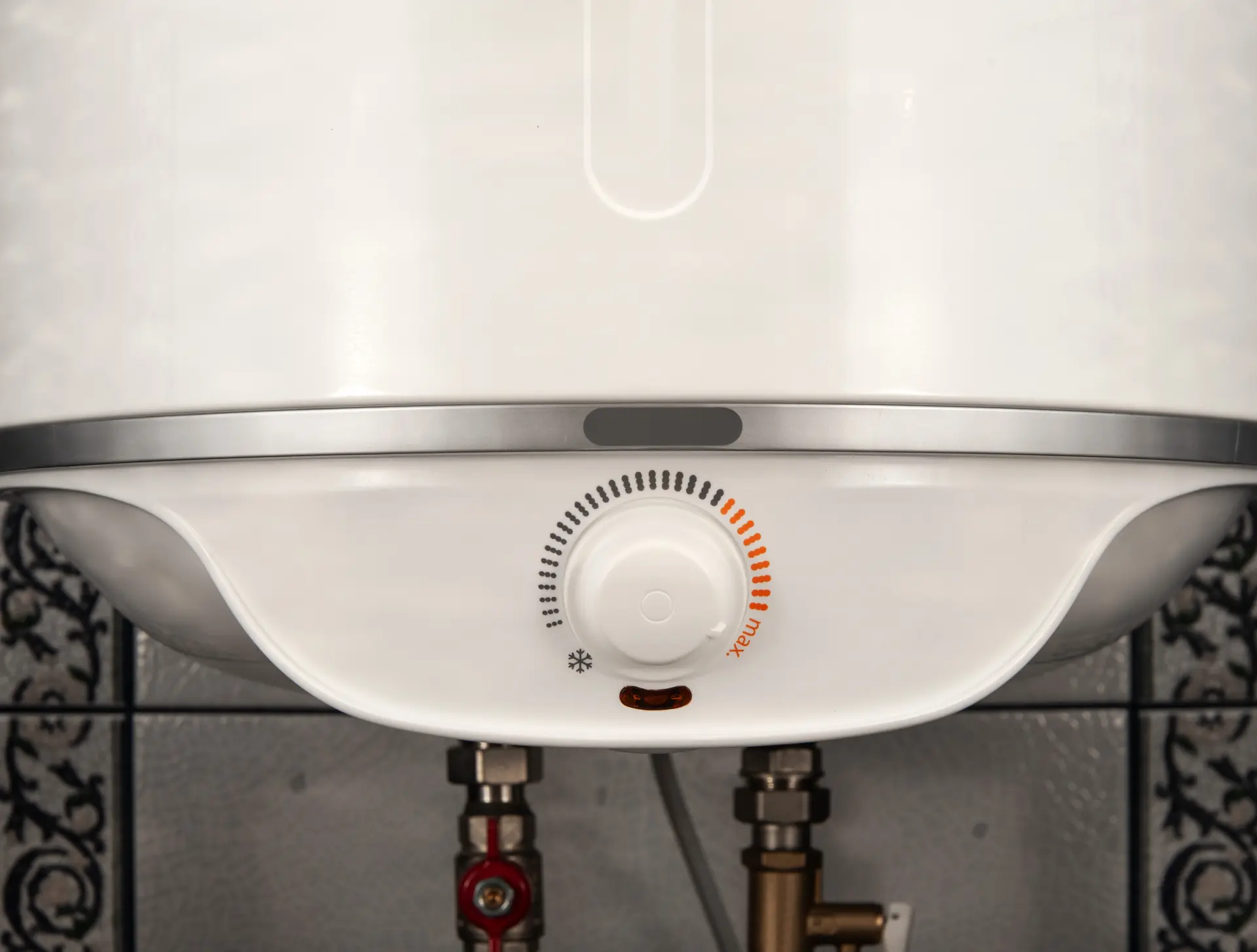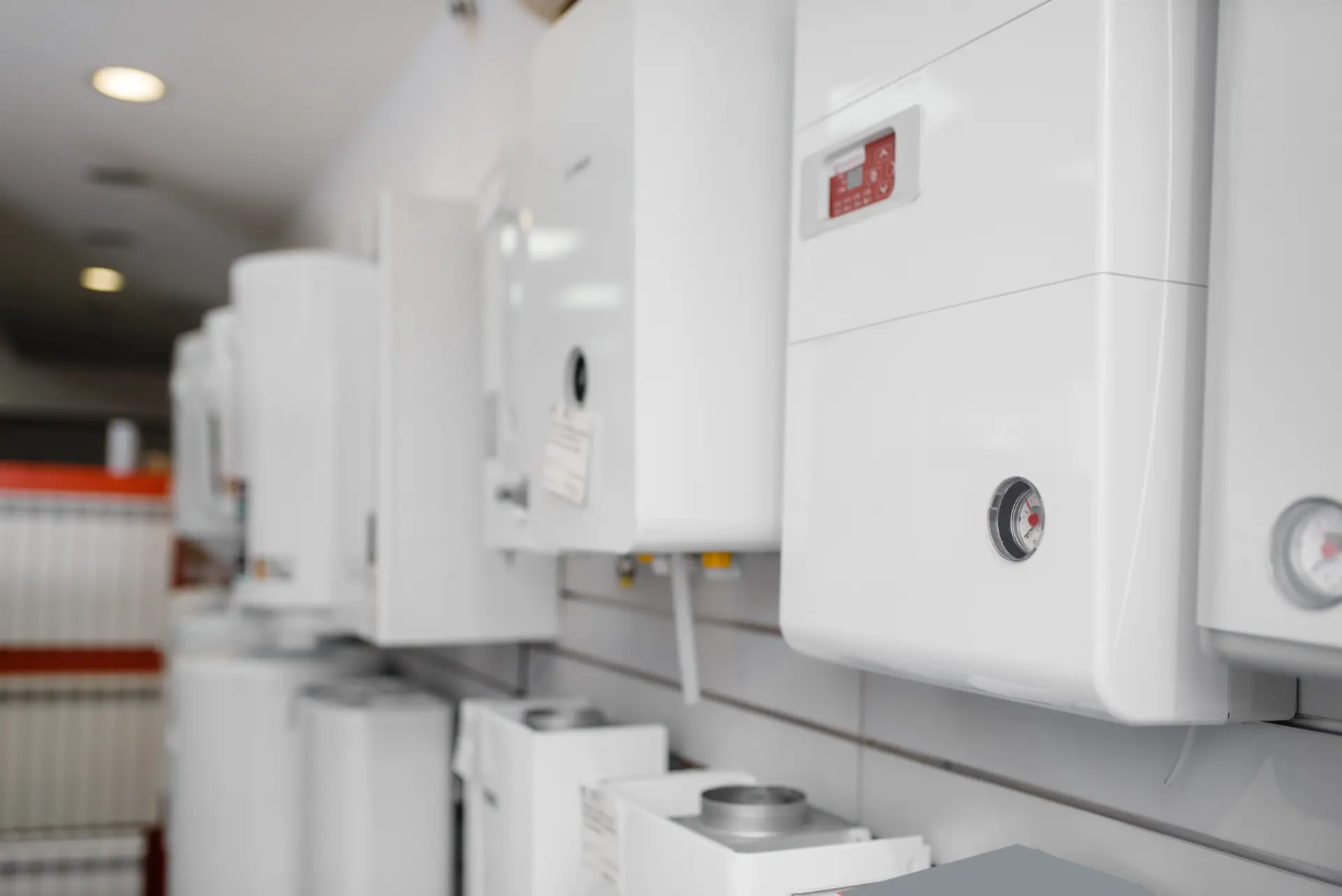When is the right time to replace your boiler? Learn how ageing, rising energy costs, and repairs signal it’s time for a more efficient, cost-saving system.
How Old Is Your Current Boiler?
Over time, your boiler is bound to experience natural wear and tear, and this can drastically affect its efficiency. Many existing boilers have a typical lifespan of around 10-15 years, yet this is often down to how well it has been maintained over the years. As your boiler gets older, internal parts can begin to rust, seals may wear down, and the system may struggle to heat your home as quickly or evenly.
Older boilers also tend to use more energy than the newest models made, which can usually lead to much higher gas bills. You might also notice it needs more repairs or makes unusual noises, both signs of age.
If you find that your boiler is approaching or past the 10-year mark, it is worth considering whether it’s still doing its job properly. If not, it may be time to look at a replacement. Frequent servicing definitely helps, but no boiler will last forever. Understanding your boiler’s age is a key step in deciding if now is the right time for a change.
Modern boilers are built with energy efficiency in mind, helping plenty of households across the country save money and reduce any waste. One of the main improvements is the use of condensing technology. Unlike older models, condensing boilers reuse the heat coming from the exhaust gases that would otherwise escape through the flue.
This means they recover more heat and waste less energy. In fact, there are many new boilers that can reach over 90% efficiency, compared to 60–70% for older ones.
Another reason newer boilers are more efficient is due to better controls. They often include smart thermostats, timers, and weather compensation features. These allow the boiler to adjust how much heat it provides based on indoor or outdoor temperatures. This avoids overheating and reduces fuel use.
Are Your Energy Bills Going Up?
If you've noticed a gradual rise in your current energy bills, this may mean that your old boiler is to blame. As boilers age, they aren't as fast at converting fuel into heat. This means they use more gas to produce the same level of warmth, which pushes up your energy costs.
Older boilers, especially those over 10 years old, often lack modern features that help control energy use, like smart thermostats or weather sensors. They may also lose heat through poor insulation or worn-out parts.
On the other hand, lots of newer boilers are manufactured to be much more energy-efficient, which can make a big difference to your monthly bills. So, if your heating costs are going up and your boiler is ageing, it might be time to consider a replacement.

To keep your energy bills as low as possible, a modern condensing boiler is usually the best choice. These boilers are made to be highly efficient by capturing and reusing heat that would normally be lost through the flue.
This helps them achieve over 90% efficiency, meaning less fuel is needed to heat your home. Combi boilers, which are made to heat water directly from your mains supply when needed, are most effective for much smaller homes that have limited space. They avoid the need for a separate hot water tank, which reduces energy waste.
For larger homes, a system or regular boiler with a hot water cylinder might be better, especially when paired with smart controls and a well-insulated tank.
Features like weather compensation and load compensation can also help reduce energy use by adjusting the heating output to match the temperature indoors or outside.
Whichever type of boiler you choose, making sure it’s the right size for your home and has an A-rated energy label is key to keeping your heating costs low.
You’re Planning a Home Renovation
If you're planning a home renovation, it's a great time to think about replacing your boiler. Renovations often involve updating heating systems, adding insulation, or changing the layout of your home – all of which affect how your boiler performs. Installing a new, energy-efficient boiler during this process means you can match your heating system to your home's new needs.
It also avoids the hassle and extra cost of upgrading it later. A modern boiler can work better with new radiators, underfloor heating, or smart controls, helping you save energy and keep running costs low.
Replacing your boiler during a renovation can also add value to your property. Buyers are usually attracted to homes with much newer heating systems, and this is because they offer better efficiency, lower energy bills, and fewer maintenance worries. A recent boiler upgrade could make your home more appealing on the market and give future owners peace of mind, making it a smart investment for the years ahead.
Frequent Breakdowns and Repairs
Let's say your boiler keeps breaking down or needing regular repairs; it may be a clear sign that it's reaching the end of its lifespan. When issues like these repeatedly happen, it can be more than just annoying, as they often lead to high costs for callouts, spare parts, and emergency repairs. As time goes on, these expenses can add up to more than the price of a new boiler.
Older boilers are also less efficient, so you're not only paying for repairs but also losing money on higher energy bills. What's more, finding parts for outdated models can be difficult and time-consuming, which may leave you without heating or hot water when you need it most.
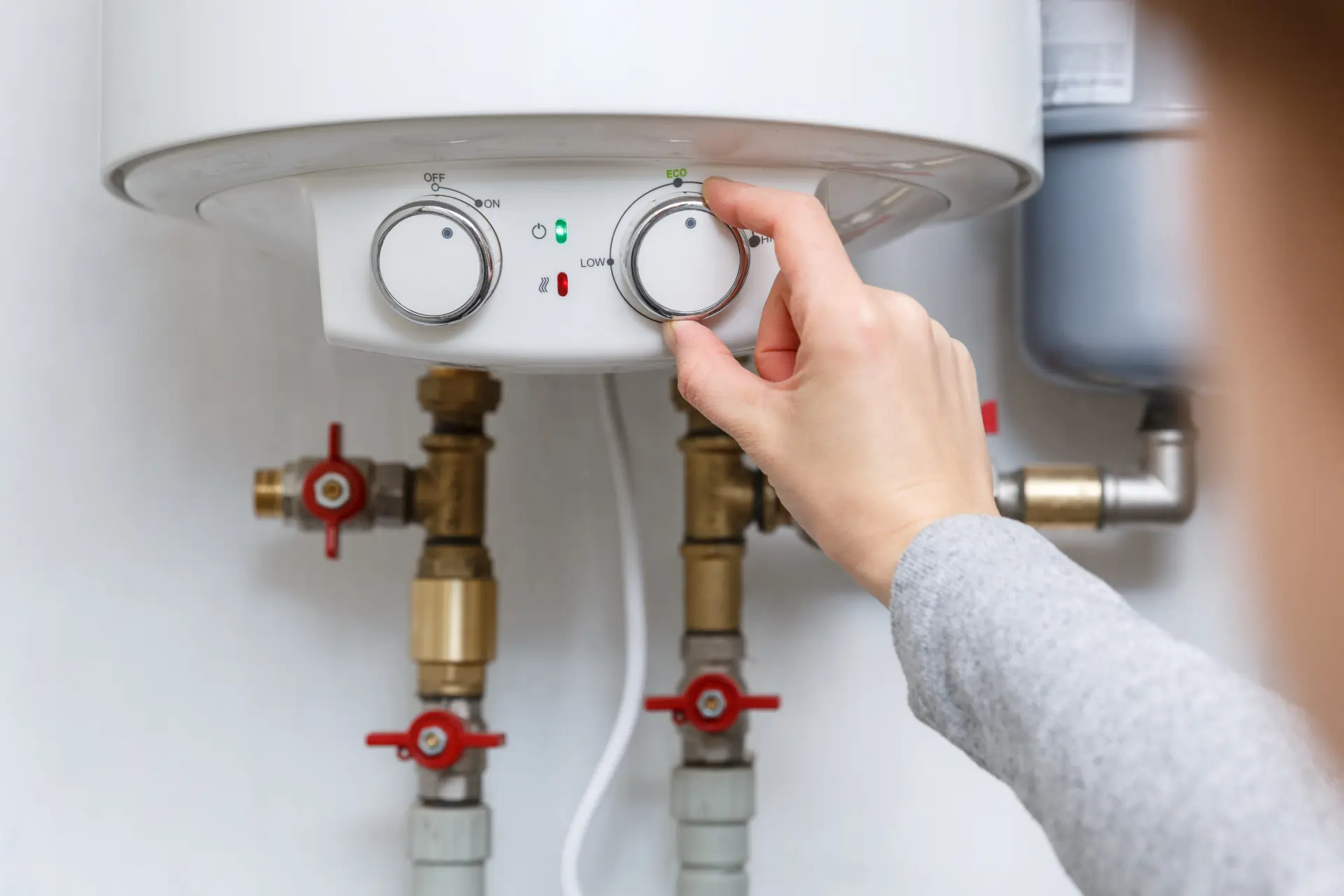
Replacing your boiler with a much more energy-efficient model tends to be the more cost-effective option for many home and property owners. While the upfront cost may seem high, modern boilers are built to last longer, require fewer repairs, and use less energy – all of which help lower your overall running costs.
Making the switch now could save you hundreds of pounds in the long term and provide greater comfort and reliability for your home.
If you're looking for a suitable heating company that provides cost-effective boiler replacements, why not give us a call? Our team do all we can to make sure our customers get efficient boiler systems that keep them warm and offer hot water for many years. Call today for more details.

